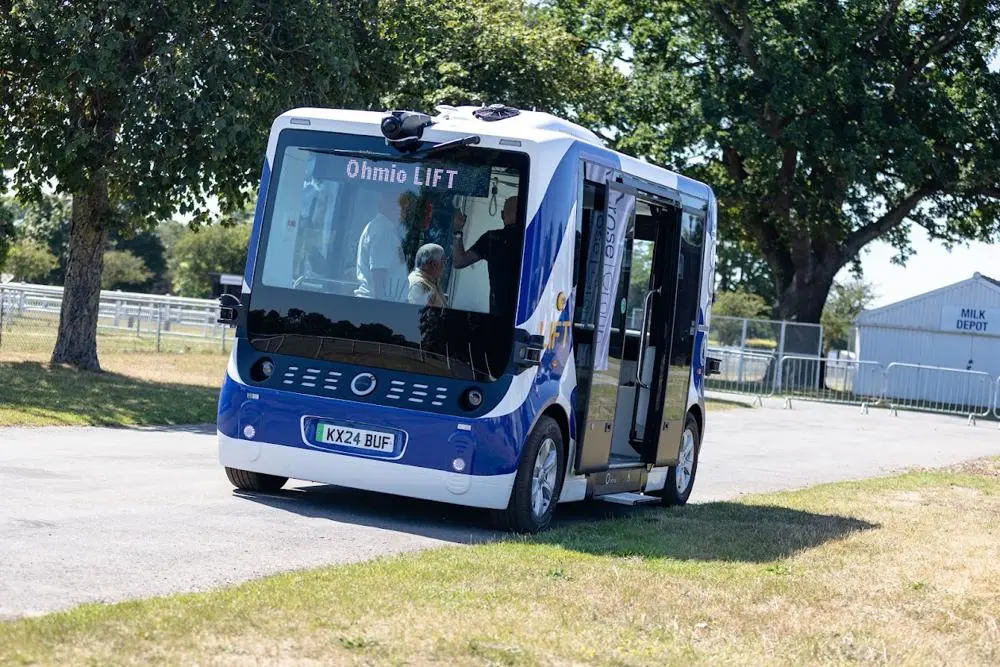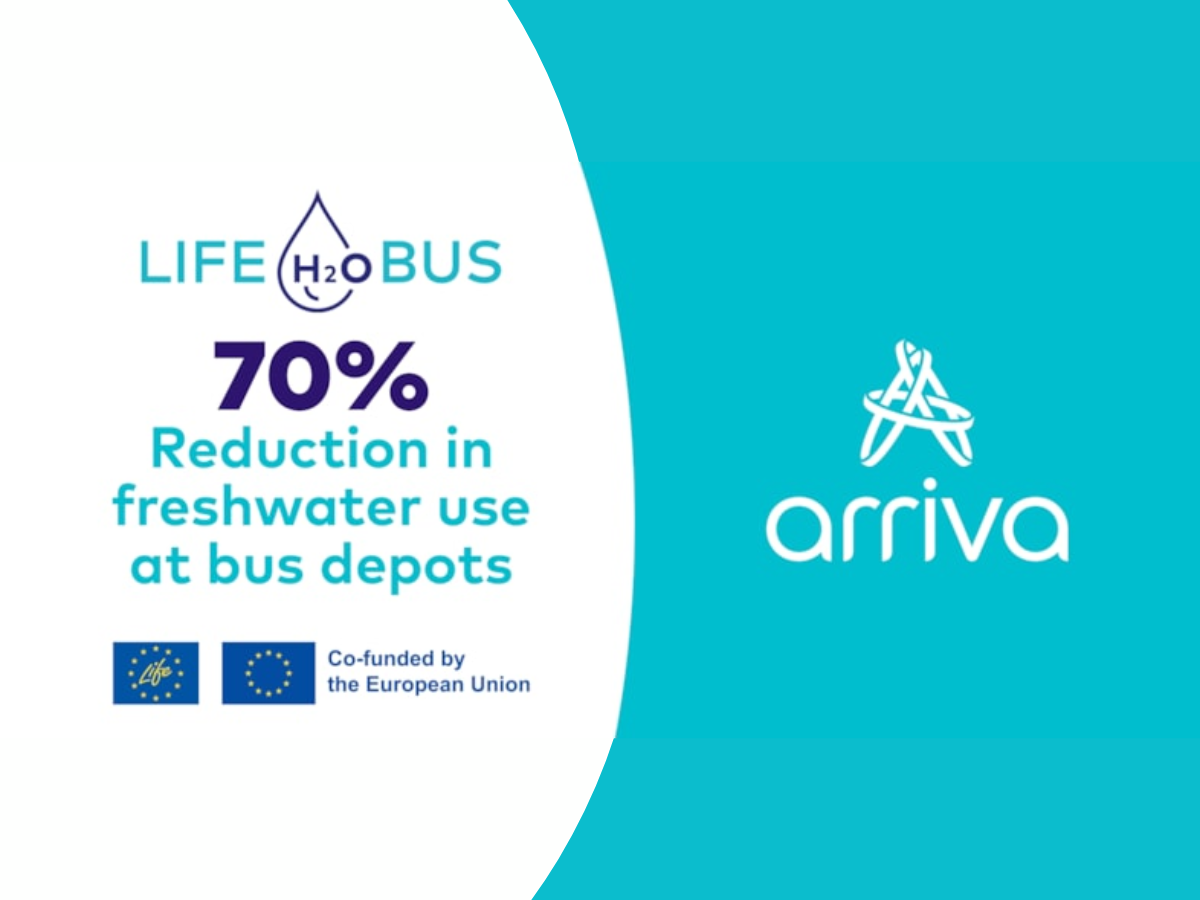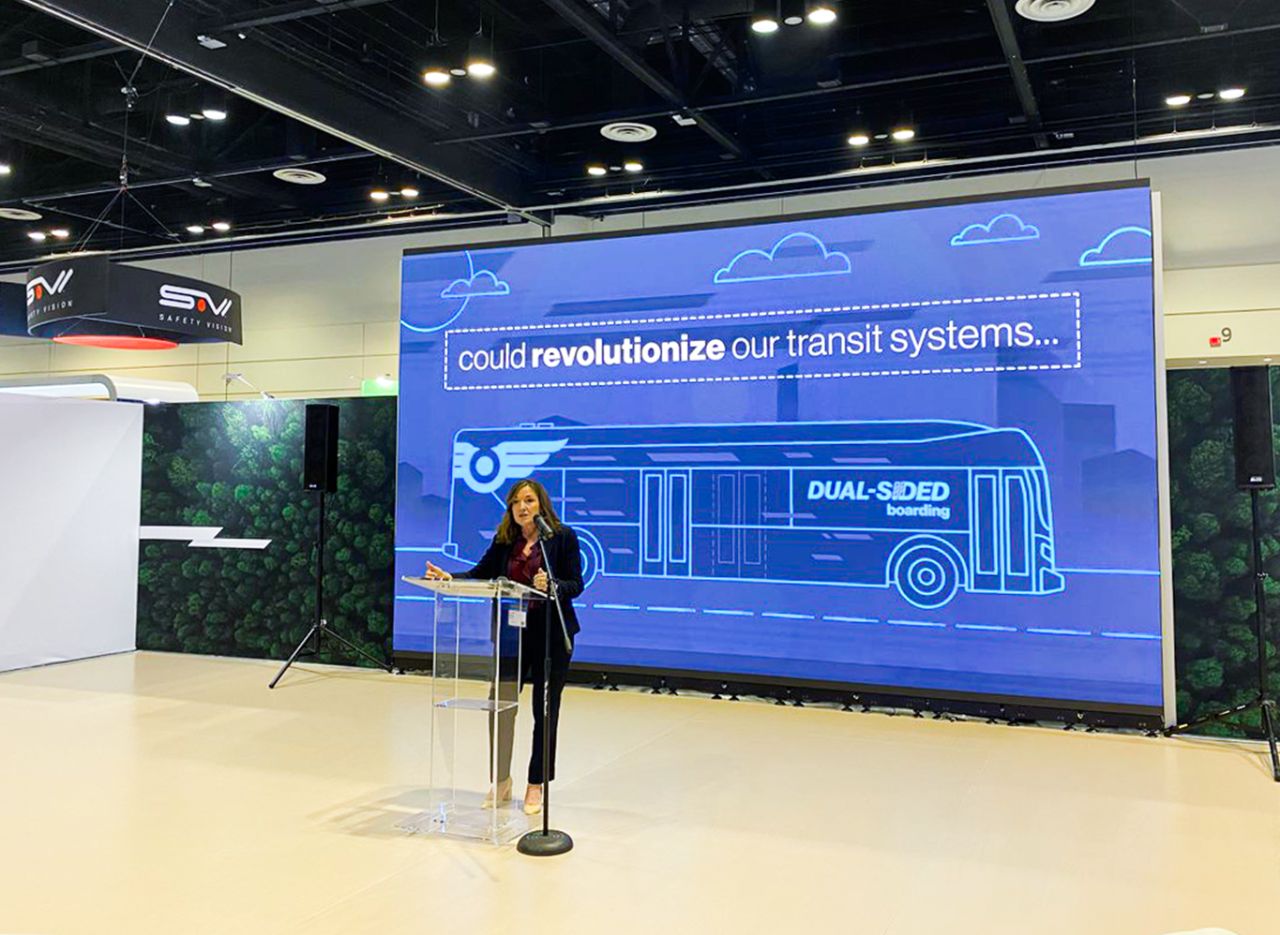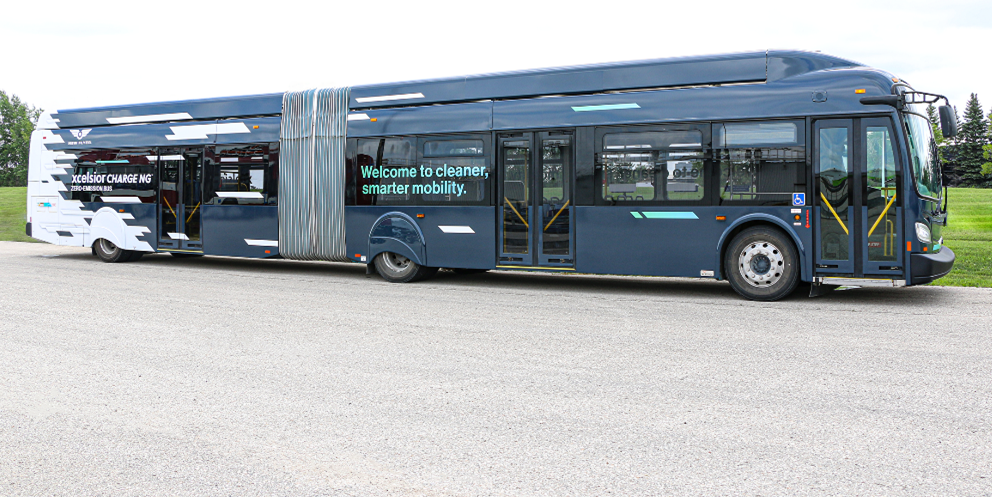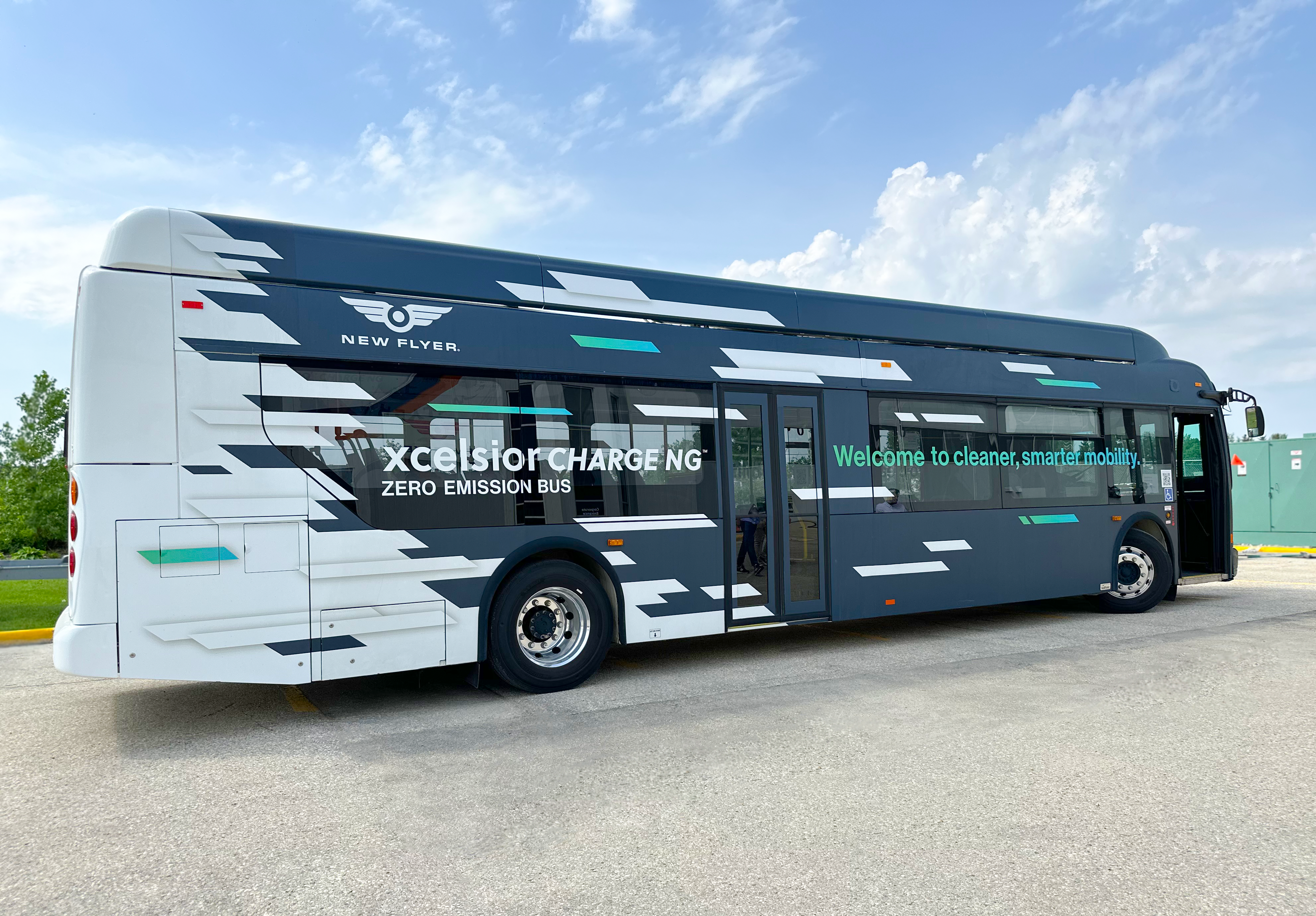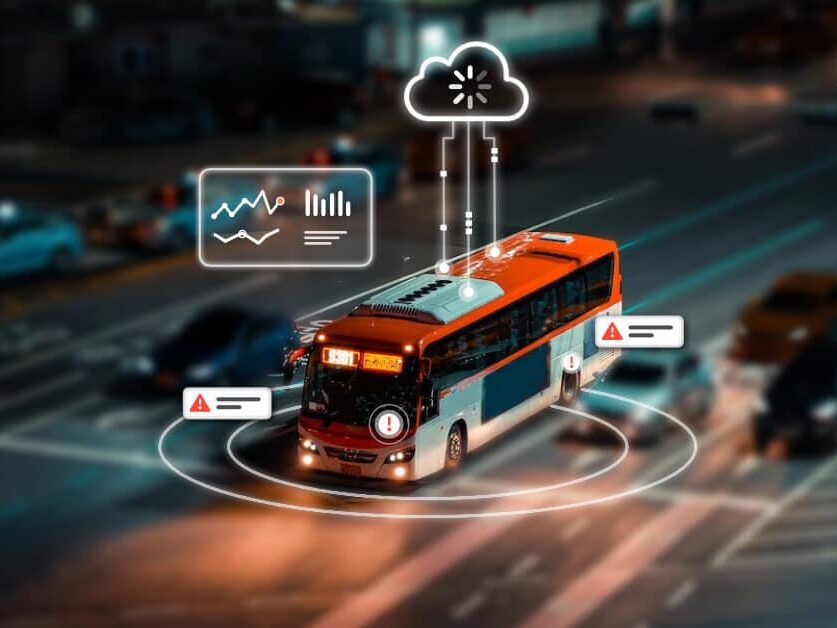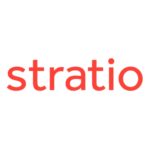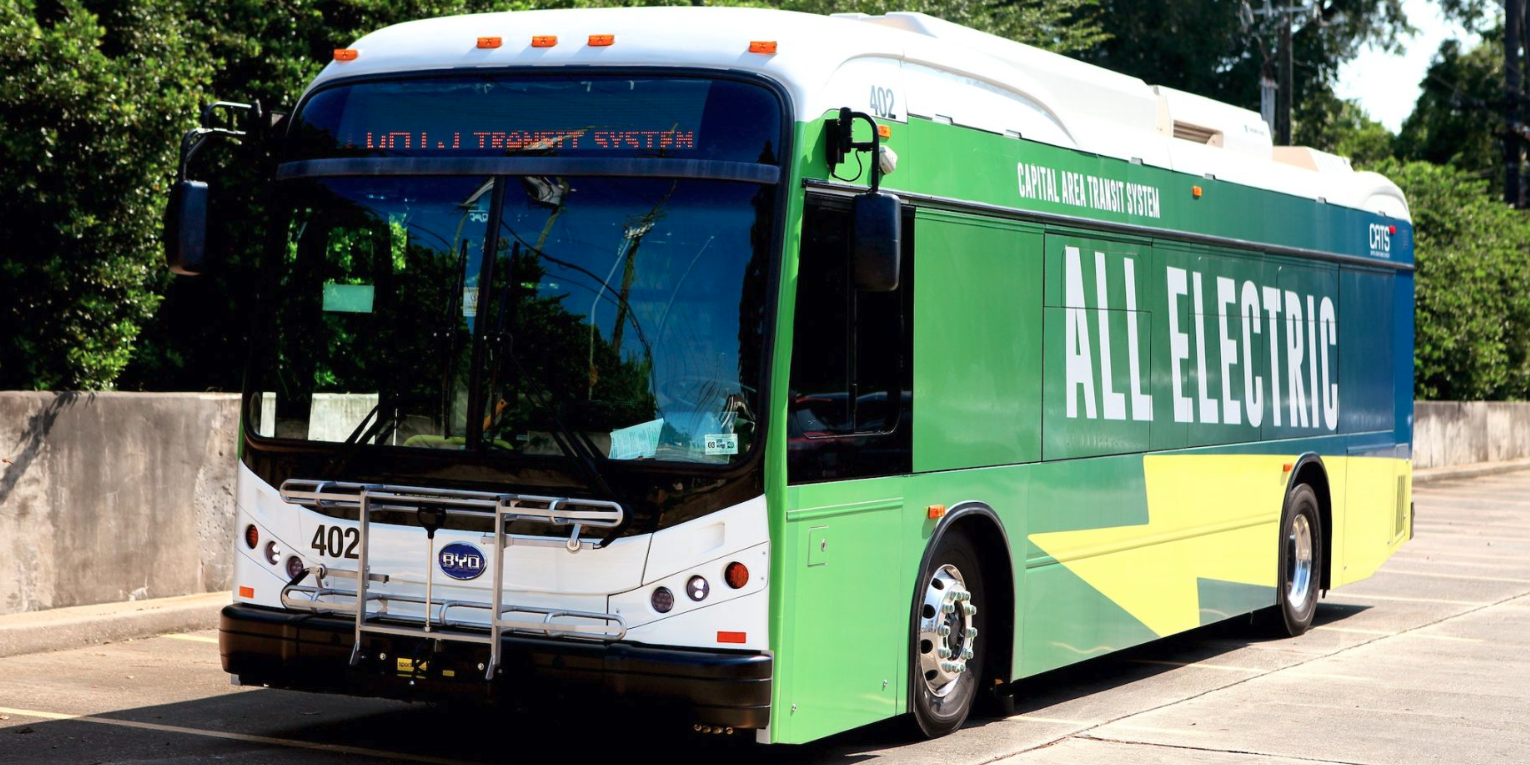The Southeastern Pennsylvania Transportation Authority (SEPTA) has released its findings from a pilot programme leveraging Hayden AI’s camera-assisted bus lane and stop enforcement technology in Philadelphia.
The 60-day pilot programme deployed automated bus lane enforcement (ABLE) cameras on seven SEPTA buses to detect vehicles illegally parked in bus lanes or at bus stops.
On average, the technology detected 4,000 violations per week across just two of the operator’s routes. SEPTA now hopes to use its findings to raise awareness of the safety issues these violations create and inform discussions about enforcement solutions.
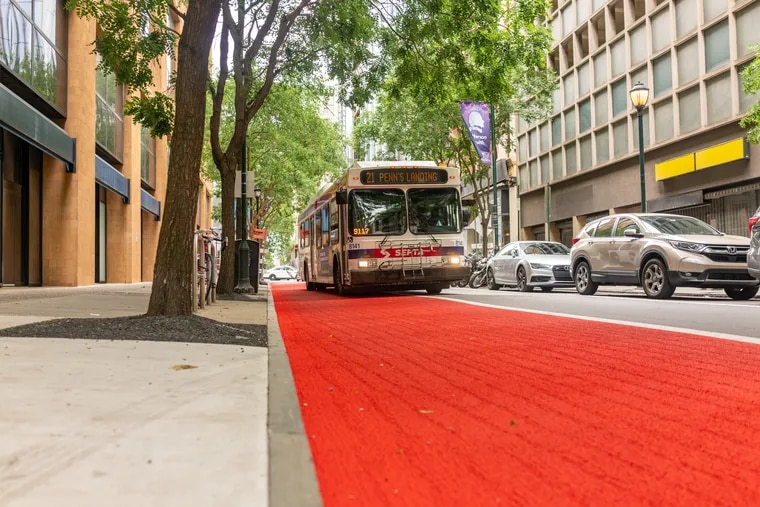
Throughout the study, Hayden-AI’s cameras detected 36,392 bus lane and bus stop parking violations, with 50% of bus stops being obstructed at some point.
The study also found that one in five of all offending vehicles had out-of-state license plates.
SEPTA CEO and General Manager Leslie S. Richards said:This study provides us with data that clearly illustrates the high frequency of these violations and how we can use cutting-edge technology to combat these problems. Reducing these violations will improve safety for our customers, pedestrians, and motorists, along with making our bus service more efficient and reliable.
The results of the study provide valuable data illustrating the most common locations for vehicles to illegally park in transit zones along bus routes 21 and 42.
In 2022, the average speeds on these routes were 8.5 mph and 8.7 mph respectively, despite the use of bus lanes on Chestnut Street and Walnut Street. Slow speeds and poor reliability impact over 10,000 riders who use these routes on an average weekday.
The report also highlights the impact of illegally parked cars that prevent buses from pulling up parallel to the curb. This forces riders into the street and hinders the ability for wheelchair ramps to be deployed.
Latoya Maddox, Senior Independent Living Specialist of Liberty Resources and Chairperson of the SEPTA Advisory Committee for Accessible Transportation (SAC) said:For people with disabilities, just one car blocking a bus stop creates a serious hazard. This is a problem that has been tolerated for far too long, and we hope that action will be taken to change driver behaviour and make the streets of Philadelphia safer for our community.
Hayden AI’s technology is already deployed in other US cities such as New York, contributing to bus speed increases of up to 40 percent and a decrease in bus collisions by as much as 34 percent.
The full report on SEPTA’s pilot programme can be found here.











